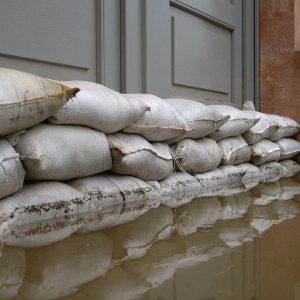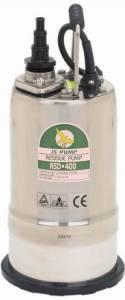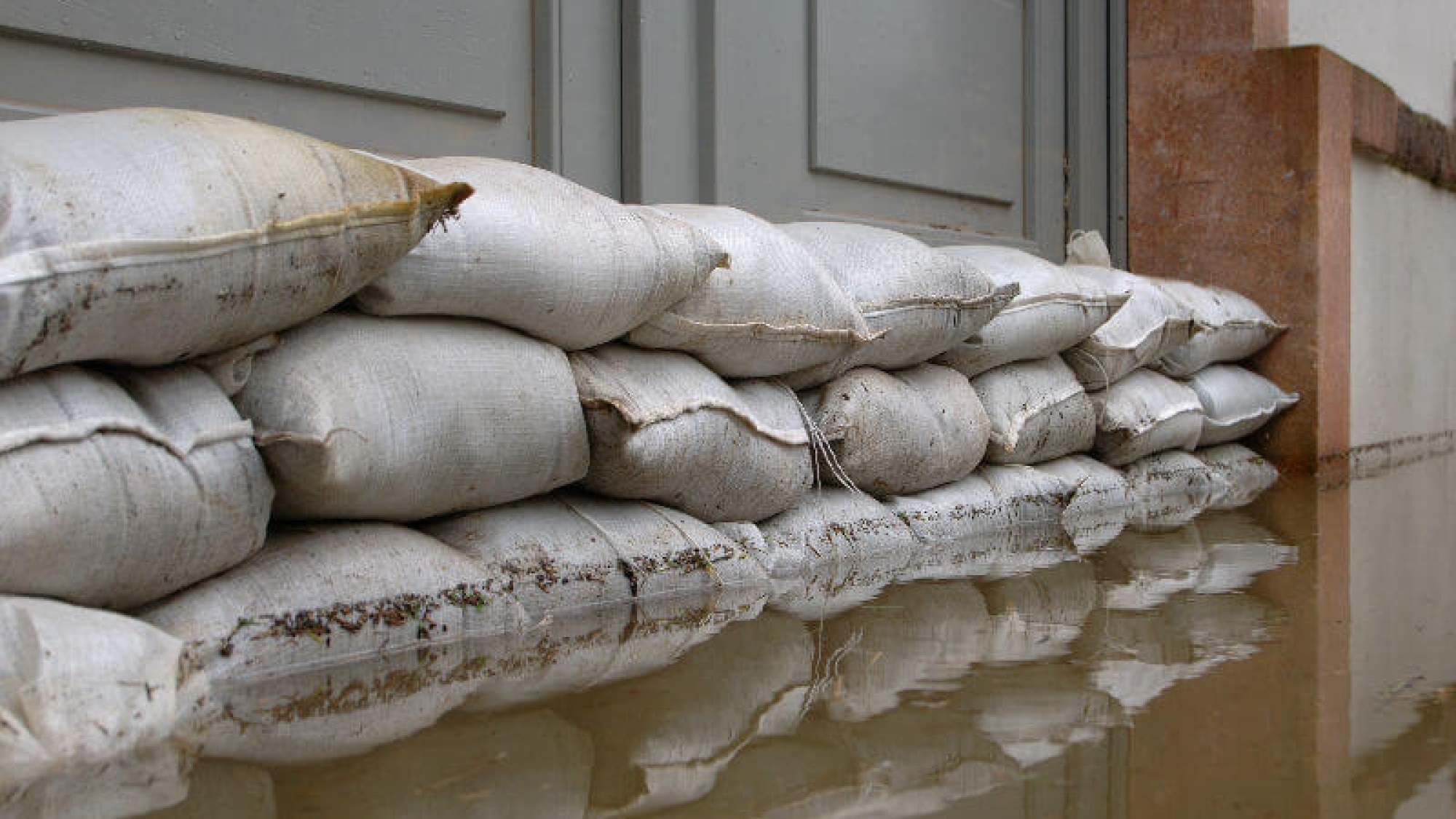 The first named storm of the season has hit the UK. Storm Aileen has already done extensive damage to homes and businesses throughout northern parts of the UK, with public transport services affected and thousands left without power.
The first named storm of the season has hit the UK. Storm Aileen has already done extensive damage to homes and businesses throughout northern parts of the UK, with public transport services affected and thousands left without power.
Whilst flooding is not uncommon in the UK, homes and businesses are rarely properly prepared for flooding when these storms hit. To ensure that your home or business is prepared for storms and flooding, read our simple 4 step flooding contingency plan.
1.Make Sure Your Insurance Covers Flooding
Insurance policies for both commercial and domestic properties will usually provide cover for any loss or damage that is caused as a result of flooding. However, your insurance company may have terms and conditions in place that prevent payouts for some claims – for this reason, it’s important that you review your policy and call your insurance company if there is anything you need clarification on.
For example, should your basement/cellar be flooded and damaged during a flood, some insurance companies may turn down a claim on the damage on the grounds that it was not actually the flood that caused the damage, but that the property was not adequately waterproofed. This allows them to define it as remedial work that is not covered by the policy.
If you have a cellar or basement and live in an area that is susceptible to flooding, we highly recommend purchasing a cellar sump pump and ensuring it is maintained properly.
2. Monitor Flood Warnings
If you’re experiencing a storm in your area, you should sign up to get flood warnings via text, phone or email – this service is provided by the Government and is free of charge. Additionally, you should continue to monitor flood warnings online via local news sources.
If a flood warning has been issued in your area, you should prepare as soon as possible – ensure that any valuables and electronics are moved upstairs, prepare any flood defences and have a place to go to should you be forced to evacuate your home.
3. Buy Flood Defences
The Environment Agency has released a very detailed publication on how to properly use sandbags to deter flood water which can be found here. Take a look at the video below on how to properly lay down sandbags:
Sandbags may be available from your local council when a flood warning has been issued, they can also often be purchased from most DIY and hardware stores – bear in mind that demand will be high should a flood warning be issued.
If you have the capacity to do so, always keep sandbags in your garage or garden shed for emergency use, if not, you can purchase ‘hydrosacks’ – these are inflatable sacks that serve the same purpose as sandbags but are easier to store – bear in mind they can take up to 5 minutes to inflate.
In commercial premises, it can be worth keeping something more robust onsite, such as a flood wall. Alternatively, installing a permanent defence such as roller shutter flood doors will ensure you are always prepared.
4. Buy Or Rent A Flood Pump
If a flood does occur, having a flood pump available can save you thousands In repairs and lost working time – it could also prevent you from having to evacuate and speeds up the process of bailing water out of your home significantly.
At Mawdsleys, we have both manual pumps for when a power source is not available and fully automatic diesel pumps for when a large amount of water needs to be removed. We recommend purchasing over renting to ensure you have a pump on hand whenever you need it.
One of our most popular pumps is the RSD-400 residue drainage pump, this pump is manually powered but can also be plugged into an electricity source – it is capable of lowering water levels down to around 1mm.

What To Do If You Are About To Be Flooded
If you fear your home or business is about to take water in, we recommend taking the following steps:
- Go to the National Flood Forum to speak to one of their advisers about staying safe during a flood.
- Gather any essential belongings such as medication, identification, important documents and clothes that you may need in case of evacuation.
- Switch off any gas, electricity and water supplies if it safe to do so.
- Move any valuables and stock up to the higher levels of the building.
- Ensure that the basement/cellar is cleared of anything valuable if possible.
- Call 999 if you are in any immediate danger.
Talk To The Experts
At Mawdsleys, we’ve worked with countless domestic and commercial clients over the years to help ensure their property is prepared should flooding occur.
If you require any additional information about our flood pumps or basement / cellar sump pump or are having problems with your existing unit please give one of our expert team a call on 0117 954 8030 or fill out a contact form and we’ll get back to you.

